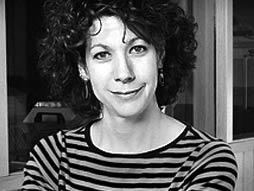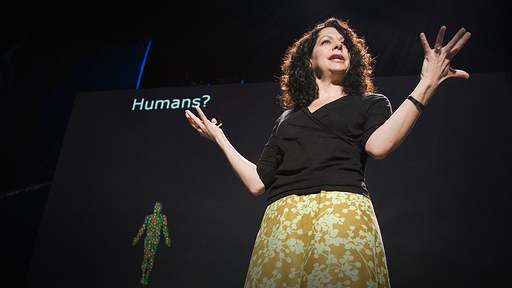Pattie Maes develops a plant-robot hybrid and other news from the TED community
As the year comes to a close, the TED community is busy as ever. Below, a few highlights. Plant-robot hybrids are here. At the MIT Media Lab, researchers Pattie Maes and Harpreet Sareen have developed a new kind of “cybernetic lifeform”: a cyborg plant called Elowan that marries organic and digital technologies. Elowan’s robotic half […]
Continue reading
